Climate change is a very complex issue and shows strong linkages to another global challenge of the 21st century: urbanization. What is more, climate change as well as urbanization, although both global phenomena, are not distributed homogenously over a country, a region or city.They rather show very local, context-specific impacts. And especially megacities that are on the one hand the most visible expression of the mega-trend urbanization and on the other hand both culprits and victims of climate change, prove especially complex regarding interwoven and in parallel on-going processes. This calls for detailed scientific analyses, especially regarding risks and vulnerabilities associated with climate change impacts, in order to allow for adequate response.Although the overall complexity renders a comprehensive analysis and long-term projections difficult, including a range of associated uncertainties, it is important to tackle this challenge. Furthermore, it is also the way of responding to the impacts that is dominated by overlapping responsibilities of the wide range of different actors involved in climate change issues at the urban level. For all these reasons, joint efforts from decision makers at national, regional and local level together with academicians and civil society actors is needed in order to work on a reliable data base, and furthermore, adequate local mitigation and adaptation measures for cities.
In Turkey, the situation is similar to many other countries in the world:in order to fulfil the requirements the acceding to the United Nations Framework Convention on Climate Change (UNFCCC) and the signing of the Kyoto protocol implies, different activities have been undertaken in order to frame climate change response at national level.However, most Turkish cities, and especially Metropolitan Municipalities, do not yet have developed their own integrative and long-term climate change strategies. This holds also true for the Istanbul Metropolitan Municipality (IMM) although different activities, especially regarding mitigation action, are on-going. But, in order to keep up with competing megacities around the world and to set a good example for other Turkish cities, a clear climate change strategy including mitigation and adaptation activities could strengthen the position of the IMM.
To find out more about existing data, on-going and undertaken activities as well as available political plans, programmes and strategies regarding climate change in the IMM, I have undertaken different research activities between December 2012 and August 2013 as a fellow of Istanbul Policy Centre-Sabancı University-Stiftung Mercator Initiative. This research included intensive literature review, the conduction of 32 expert interviews with decision makers, academicians and civil society activists involved in climate change issues as well of the establishment of a network with those polled actors.They were all invited to actively participate in a workshop likewise organized as part of the overall research project.I organized thisworkshop entitled Joint Action to Tackle Climate Change at the Local Level – Strengthening Response Capacities as a joint activity of IPC-Sabancı University-Stiftung Mercator Initiative, Regional Environmental Center (REC) Turkey and United Nations Development Program (UNDP) Turkey and aimed at bringing all different actors together, initiating a participatory process at the science-policy interface, working on the existent with regard to climate change at local level, and identifying knowledge deficits and program needs.
The workshop results thereby underpinned the results already achieved by the interviews and was especially successful in promoting interaction between all participants regardless their professional or political background or institutional affiliation, whereas this interaction and constructive exchange is not to go without saying. What became clear form the research is that climate change is so far not very much on the political nor the scientific or civil society agenda. Scientific research on climate change is on-going although often not policy-oriented and, there is in sum, very little data and work regarding climate change taking place on a consistent and thorough basis at the local level. In theIMM climate change is only randomly considered in urban development and planning, and does not necessarily follow sustainable development aims. According to the interviews and discussions at the workshop exchange and collaboration between different actors is not at the fore (e.g. between national and local governments but also between decision-makers, climate activists and scientists).Furthermore, communicating results and activities is a challenge which should be considered by all actors in order to avoid knowledge, awareness and policy gaps.
It also became very clear that many actors feel unhappy about the current situation and do see the need to work closer together in order to use mutual power for a consistent and overall climate change strategy of the IMM. Butas long as neither decision-makers nor academicians nor civil society are taking leadership it will be very difficult to transfer good spirit into clear action. This means, as long as scientists wait for decision-makers to approach them with concrete demands, and decision-makers are not including other actors in a participatory way in decision making processes of climate change, capacities are not fully addressed.
Therefore, it would be important to find an adequate way of continuing the process that was started with the research:a) using the knowledge and the power of the scientists with great interest in working more intensively on the specifics of climate change and its impacts for the IMM and b)attractingcivil society that showsthe potential to involve more intensively in climate change projects, especially by more active participation activities.
Because there is the potential for the IMM to develop its own institutional and organizational long-term approach with short- and mid-term measures in order to combat climate change in an integrative and collaborative manner.It could make use of joint capacities coming from all different actors, policy makers, academicians and civil society who make a megacity like Istanbul a place of opportunity and hope.
|
Click for Turkish version
Dr. Kerstin Krellenberg
Istanbul Policy Centre (Mercator – IPC Fellowship Program)
Helmholtz Centre for Environmental Research – UFZ (Germany)

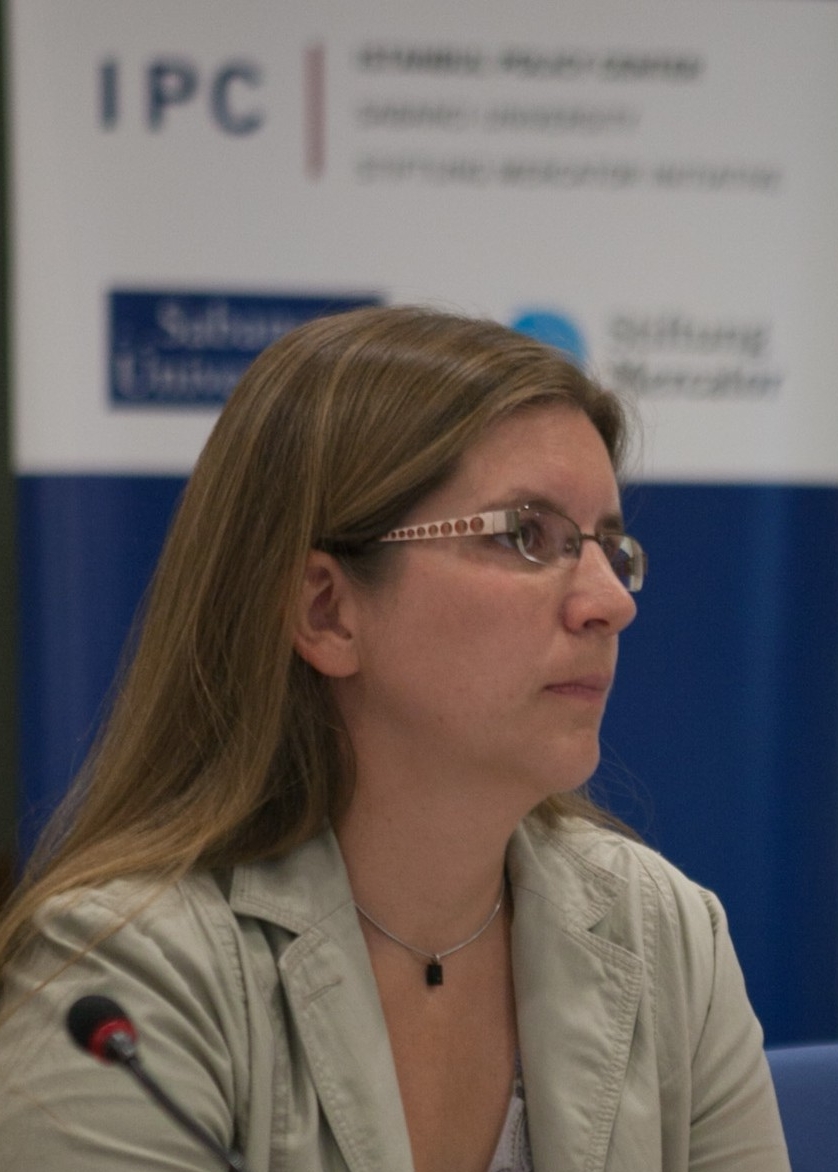
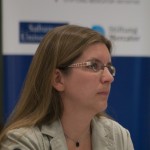

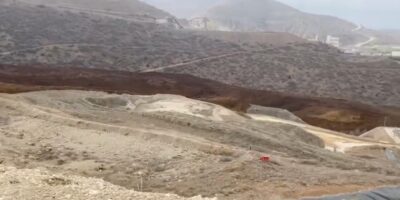

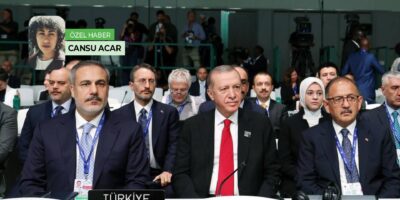




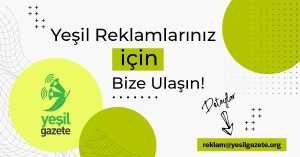


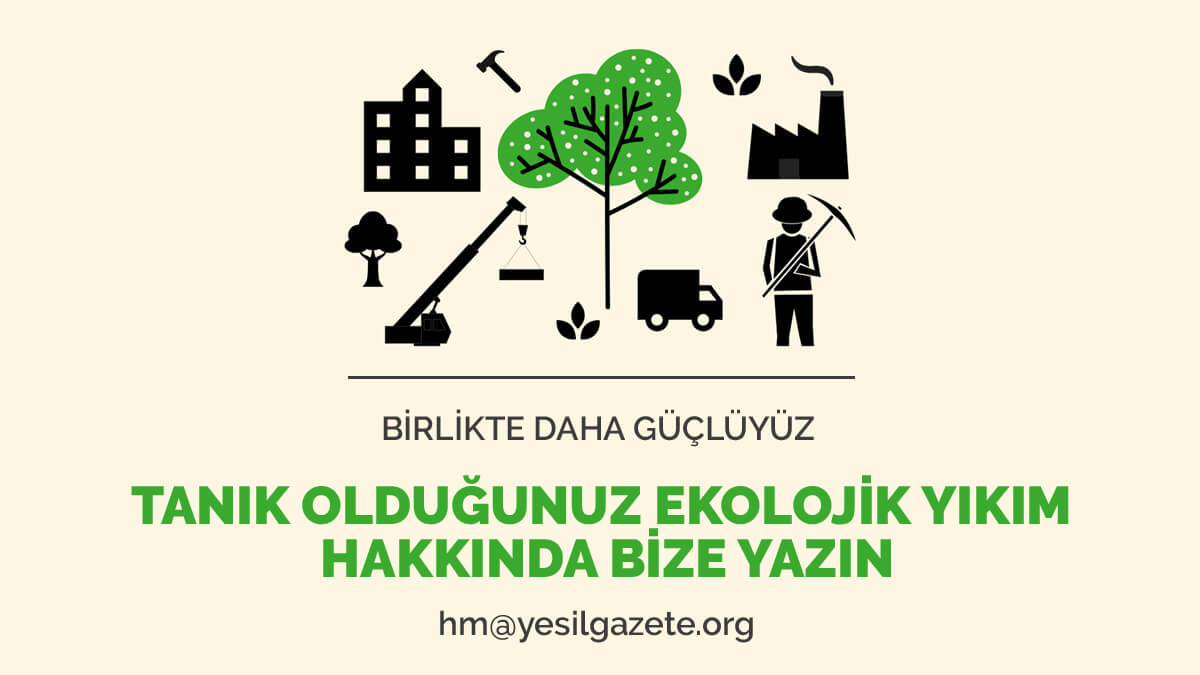

Comments